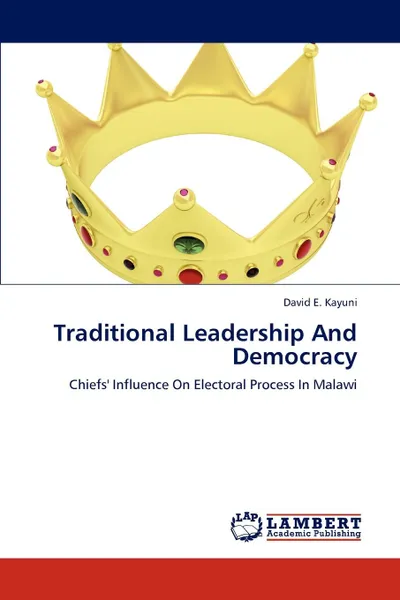Traditional Leadership and Democracy 12+
Автор: David E. Kayuni
144 страницы
Категория: Научная литература
ISBN: 9783844312881
Язык: Английский
📓 Questions persist as to whether African traditional governance and democratic governance are compatible. Existing debate has traditionalists arguing that Africa's traditional chiefs are true representatives of their people, accessible, trustworthy, legitimate and therefore still important to the politics of Africa. Modernists on the other hand regard traditional leadership as chauvinistic, despotic, illegitimate and an irrelevant form of rule in a democracy. A third group argues for a 'mixed government' with modified traditional leadership. This book analyses claims that this leadership oppresses individuals and stifles general democratic participation. The book examines the influence of traditional leadership on people's political choice in electing leaders of democratic Malawi. It concludes that it is the existing interdependent path of survival between traditional leaders and politicians that infringes on freedom of political choice expressed through the right to vote. This undermines democracy. Both traditional leaders and politicians overlook the rights and welfare of the voter in an effort to sustain their authority and material benefit.
Мнения
